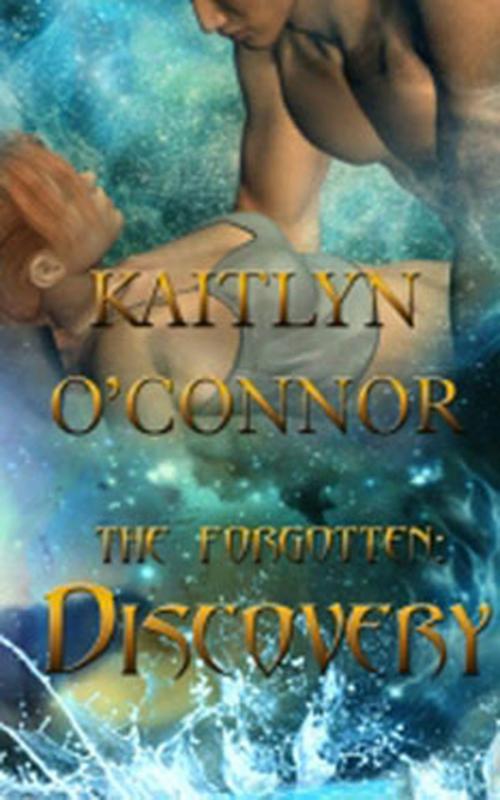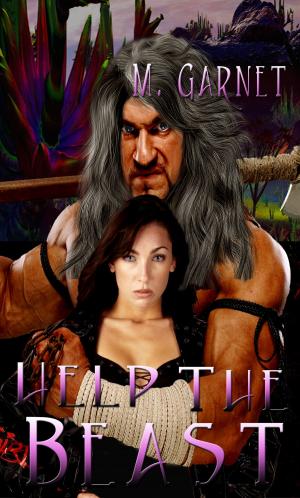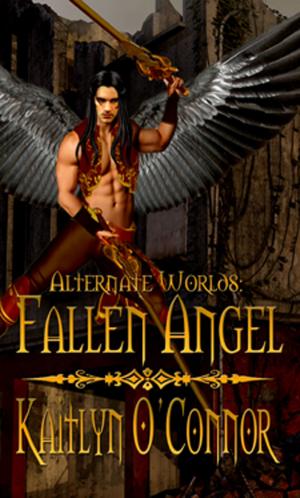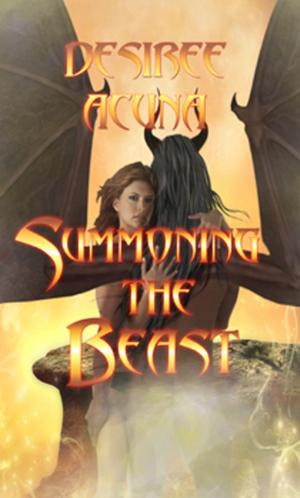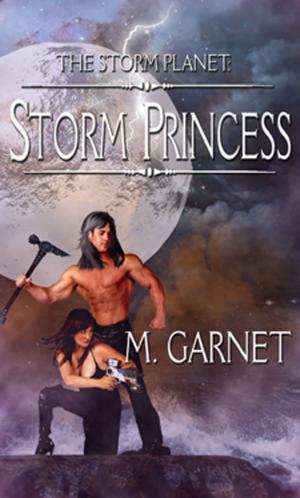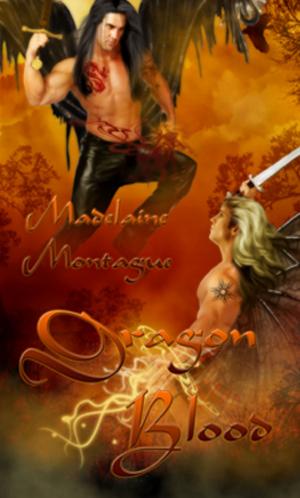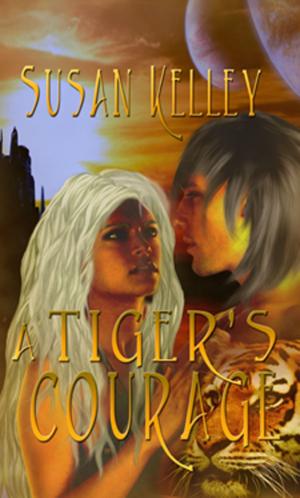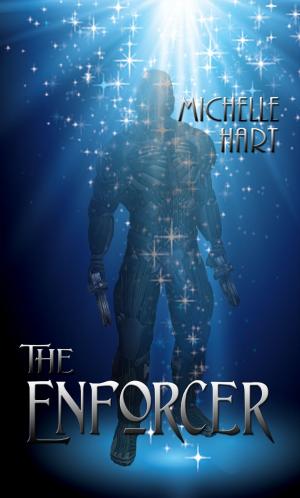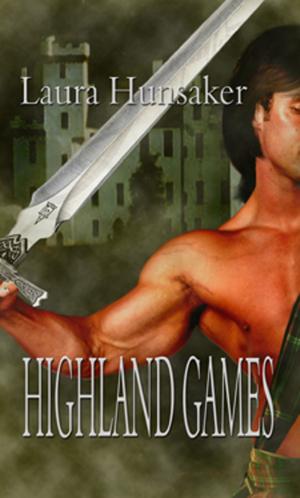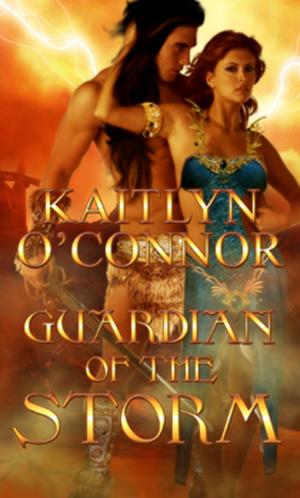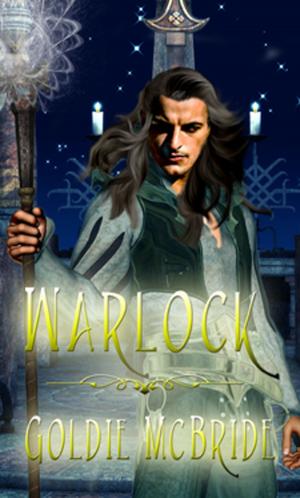| Author: | Kaitlyn O'Connor | ISBN: | 9781466062740 |
| Publisher: | New Concepts Publishing | Publication: | November 1, 2011 |
| Imprint: | Smashwords | Language: | English |
| Author: | Kaitlyn O'Connor |
| ISBN: | 9781466062740 |
| Publisher: | New Concepts Publishing |
| Publication: | November 1, 2011 |
| Imprint: | Smashwords |
| Language: | English |
Prologue
The universe has been expanding since the Big Bang that started it all. With the Hubble telescope we were able to look back in time for the first time to the beginning of the universe, to the Big Bang itself. We were able to see the birth and death of stars, galaxies, and solar systems that were far older than our own … and now we are hovering on the very brink of being able to appease our yearning to go out and seek new worlds, to explore these new worlds and find other civilizations, other sentient beings.
Long ago, a civilization very like our own found themselves in the position where we stand today. They had struggled and learned and finally found the way to do what we only dream of now. In their eagerness to conquer the known universe, they studied the worlds in distant solar systems now open to them, chose the most promising, and scattered seeds into the great unknown like the seeds of a dandelion. To prepare these promising new worlds for their people, they sent out ships carrying very specialized robots to prepare the way for the colonists that would come behind them. These robots were creators, designed specifically to build more robots, specialized robots that would help to prepare the world they found for the beings who'd created them-the Danu. And with each creator they sent out a capsule filled with the DNA of every species of plant and animal most critical to their survival and, for the sake of posterity, to preserve their race which they considered the most important of all, they sent the DNA of the best of the Danu race.
As one generation of robots completed the step they'd been designed for in terra-forming, the creator recycled and reproduced a new generation of more sophisticated robots to perform new tasks and bring the planet one step closer to colonization.
Manuta was sent further than any other, set the Herculean task of terra-forming one of the most distant and extreme of these promising colonization planets, but like all the other creators, Manuta was nothing more than a machine designed to build other machines. Manuta was equipped with artificial intelligence, but it was still a machine, confined to the tasks set for it. It had no fear, no doubts, no resentment for the task it had been set. It was merely a tool of its creators and it set about its task just as the others did, following the programming set for it and slowly, but surely, terra-forming for the colonists that would one day come-the colonists that never came.
As the eons passed Manuta, equipped with AI to ensure that it could do what it had been designed to do, evolved itself. It finally achieved the goal that had been set for it. It had achieved the almost impossible feat and terra-formed a hostile environment into a world ripe for the life that was supposed to come and didn't.
It had completed its task. It was finished. After a time, when Manuta didn't simply cease to exist, when the life-forms the world had been built for didn't appear, Manuta did something it had never been designed for. It made a completely autonomous decision. The world it had built, the cities it had built, were for intelligent, biological life forms, for the Danu. There should be beings living, working, reproducing off-spring, and playing in the world and its cities. It had been designed to create. Manuta decided it would create biological entities to inhabit the world designed for biological, not mechanical, entities simply because that was the ultimate goal that had been programmed in to it.
Gathering the robots no longer useful, it recycled for the final time, creating them in the image of its creators, the Danu, splicing together the strengths of the robots it knew how to build with the biological materials built from the DNA of the Danu.
There was one problem.
Prologue
The universe has been expanding since the Big Bang that started it all. With the Hubble telescope we were able to look back in time for the first time to the beginning of the universe, to the Big Bang itself. We were able to see the birth and death of stars, galaxies, and solar systems that were far older than our own … and now we are hovering on the very brink of being able to appease our yearning to go out and seek new worlds, to explore these new worlds and find other civilizations, other sentient beings.
Long ago, a civilization very like our own found themselves in the position where we stand today. They had struggled and learned and finally found the way to do what we only dream of now. In their eagerness to conquer the known universe, they studied the worlds in distant solar systems now open to them, chose the most promising, and scattered seeds into the great unknown like the seeds of a dandelion. To prepare these promising new worlds for their people, they sent out ships carrying very specialized robots to prepare the way for the colonists that would come behind them. These robots were creators, designed specifically to build more robots, specialized robots that would help to prepare the world they found for the beings who'd created them-the Danu. And with each creator they sent out a capsule filled with the DNA of every species of plant and animal most critical to their survival and, for the sake of posterity, to preserve their race which they considered the most important of all, they sent the DNA of the best of the Danu race.
As one generation of robots completed the step they'd been designed for in terra-forming, the creator recycled and reproduced a new generation of more sophisticated robots to perform new tasks and bring the planet one step closer to colonization.
Manuta was sent further than any other, set the Herculean task of terra-forming one of the most distant and extreme of these promising colonization planets, but like all the other creators, Manuta was nothing more than a machine designed to build other machines. Manuta was equipped with artificial intelligence, but it was still a machine, confined to the tasks set for it. It had no fear, no doubts, no resentment for the task it had been set. It was merely a tool of its creators and it set about its task just as the others did, following the programming set for it and slowly, but surely, terra-forming for the colonists that would one day come-the colonists that never came.
As the eons passed Manuta, equipped with AI to ensure that it could do what it had been designed to do, evolved itself. It finally achieved the goal that had been set for it. It had achieved the almost impossible feat and terra-formed a hostile environment into a world ripe for the life that was supposed to come and didn't.
It had completed its task. It was finished. After a time, when Manuta didn't simply cease to exist, when the life-forms the world had been built for didn't appear, Manuta did something it had never been designed for. It made a completely autonomous decision. The world it had built, the cities it had built, were for intelligent, biological life forms, for the Danu. There should be beings living, working, reproducing off-spring, and playing in the world and its cities. It had been designed to create. Manuta decided it would create biological entities to inhabit the world designed for biological, not mechanical, entities simply because that was the ultimate goal that had been programmed in to it.
Gathering the robots no longer useful, it recycled for the final time, creating them in the image of its creators, the Danu, splicing together the strengths of the robots it knew how to build with the biological materials built from the DNA of the Danu.
There was one problem.
